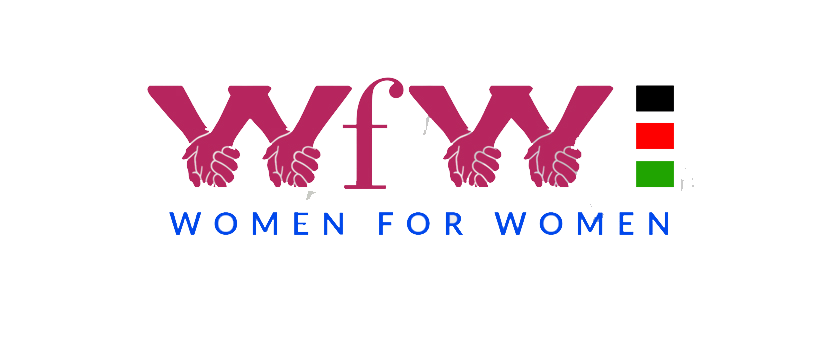Worldwide, about half of people have internet access. However, this varies considerably by region. Increasing access to technology is a key part of the solution to strengthen communities in developing countries and provide increased healthcare options.
For many people living in rural communities or developing countries, access to health services is extremely limited. The World Health Organization (WHO) estimates that globally there are more than 400 million women who lack basic health care services, and that this lack of access leads not only to adverse health outcomes, it also pushes millions into extreme poverty because of health spending.
This lack of access extends to reproductive health care as well: In Kenya, one in five women have to travel long distances to access proper reproductive care services, and Nairobi is the only county with above par safe abortion services. Unsafe abortions are one of the leading causes of maternal mortality globally, and of the women who survive unsafe abortions, millions suffer long-term health complications.
One remedy to the reproductive health care access problem is to promote the use of telemedicine, which the WHO defines as “the use of information and communications technology (ICT) to deliver health care particularly in settings where access to medical services is insufficient.”
Under the telemedicine paradigm, patients can use technology (telephone or internet) to access a qualified medical provider who can diagnose the patient and provide medical advice, including prescriptions. Rather than have to physically travel far distances to see a provider in-person, telemedicine allows patients to access health care from wherever they are in the world, so long as they have access to a phone or internet + delivery services.
Abortion pills through telemedicine
Using telemedicine to access the abortion pill is a significant innovation in the reproductive health field that will likely lead to improved health outcomes for women around the world especially in Kenya.
A recent study of women in Kenya found that women who used an online telemedicine service to procure a medical abortion were able to do so safely and effectively. This makes access to abortion pills online in Kenya feel unimaginable. The women in the study discussed their medical situations with qualified providers online, received information about how to take the abortion pill, and procured the actual pills via online services through women for women Kenya.
The lead author of the study, Dr. Abigail Aiken, is optimistic about what her study’s results suggest for telemedicine more broadly: “The results provide the best evidence to date that medication abortion conducted entirely outside the formal healthcare setting using online telemedicine can be highly effective and safe.”
But despite the proven safety and effectiveness of telemedicine, its use for abortion services is especially controversial. Vague allusions to “patient safety” are often invoked as the reason for restricting telemedicine for abortion. However, these arguments are often unfounded attempts by politicians and other groups who want to create further obstacles to women’s reproductive freedom.
In fact, studies of places where telemedicine for abortion exists find no evidence that links telemedical available abortion medication to increased rates of abortion or increased adverse side effects that women experience. In fact, telemedicine has the potential to substantially reduce the number of unsafe abortions that occur every year around the world, thus improving health outcomes for women.
Women for women Kenya is committed to using technology to provide information and resources for women who wish to terminate an unplanned pregnancy. We support our partners, such as safe2choose, Women on Web, and WomenHelpWomen, all of whom provide telemedicine services for women looking to access the abortion pill.
We also encourage our abortion allies to spread the word about the effectiveness and safety of telemedicine so that more women are aware of their reproductive healthcare options




